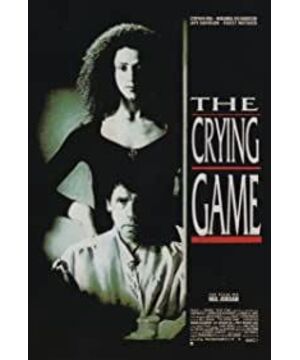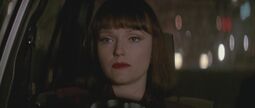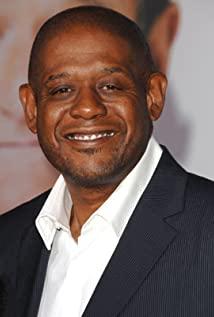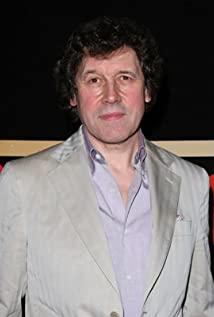Before Stina, Bapnov had already completed experiments on classical conditioning. Physiological stimuli are the direct driving force for animals to learn. And Stina refined it into the above two. The response test conditioning reflex is similar to the physiological stimuli carried out by Papnov, that is, the physiological response brought about by external stimuli. But in humans, it's the latter that's more common or lasts longer.
Operant conditioning, if I understand correctly. This theory explains why most of our tears are produced. At the beginning of the birth, the baby does not know much about the functions of its own organs. During the process of trying to use it, the baby gradually finds that the most caring way appears after crying. All guardians are accustomed to checking for excretion, petting and feeding while the baby cries. For babies, crying, smiling, and grabbing things around them are all random behaviors. Because crying is associated with comfort such as being cared for, operant conditioning is also established in the brain response. Naturally do the same in the future when you want to be cared for. This could also explain why newborn babies tend to smile in a completely different way than three-month-old babies after defecation.
In childhood, people only have the above two basic conditioned reflexes for things, until the language system replaces the primary conditioned reflex as a code for dealing with more complex things, which we will call the secondary conditioned reflex for the time being.
In the second-order conditioning, language gradually replaces the feeling brought by the original direct stimulus in a one-to-one correspondence. More complex needs gradually appear in daily life, and the most basic need to get care has also acquired more ways, from simple crying and making trouble without reason, to expressing opinions on an objective event. The function of crying itself shrinks to the rent-back reflection result when the demand cannot be satisfied. In the process of continuous growth, the function of crying behavior shrinks again as the reflection result when the basic needs cannot be satisfied for a long time, and it is suddenly satisfied, which is called moving in the language system. When people encounter those episodes that can trigger emotions in the process of communication or reading, the conditioned reflex brings physiological soreness.
This theory is also helpful for analyzing the active generation of social functional orientation.
The first-order conditioned reflex continues throughout the early childhood. Before the independent thinking ability is developed, all the behaviors of the infant are direct reflections of the external environment. When they learned the objective laws that have nothing to do with their own bodies in childhood, they also inherited the impressions from infancy when they dealt with psychological pain and unsatisfied desires. However, since the individual has gradually acquired the basic abilities of walking, eating and self-protection at this time, the guardian judges that the time is ripe for the psychological weaning of the child, and deliberately no longer responds to their crying. When the learning ability is not strengthened together with the behavioral ability, the psychological growth of the child will develop abnormally. Until childhood, the exploration way to obtain care is actively modified by the individual himself, resulting in an imbalance between the development of emotional intelligence and IQ, and the individual first The active response of social function orientation appears first, and different developmental tendencies for skilled and social work appear in the population. In the way of thinking, there is a difference in thinking relying on things, resulting in the unbalanced development of logical thinking and image thinking. If they are not engaged in the profession related to thinking training, most people will not be able to obtain logical thinking that is completely free from self-conditioning throughout their lives. The specific manifestation is that when discussing something, the opinions of disapproval or approval are more likely to be quickly extended to personal attacks or completely opposite admiration.
In the week I first read about conditioning theory, I tried to sort out my work outside of science. For the time being, I classify the work of history, philosophy and language psychology, including pure literature and art, into social work, and I am hesitant to include economics and law as well as comprehensive art. Because the mastery of the latter three needs to be carried out on the basis of theoretical research first, and secondly, it is possible to obtain personal subjective judgments. And pure literature does not need to make this judgment. Although many great works are created in a state of extreme isolation and depression, in psychology, it still belongs to an interpersonal exploration behavior of communicating with oneself.
View more about The Crying Game reviews











